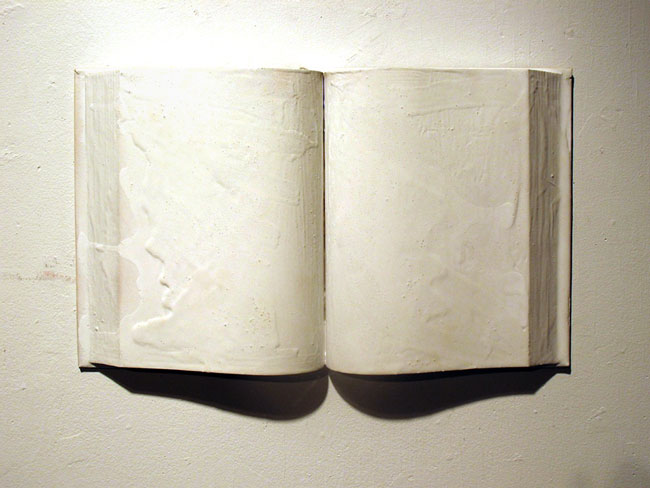

Book by Suzanne McConnell
It was too long, the readers said. One thought it didn't get going until halfway. Another said a third of the way. Everyone agreed the writing itself was beautiful, though. One thought the minor characters were distracting.
The writer began to tackle them first. She loved Frank the health food addict and recovered alcoholic with his turtle-like head hung forward on his shoulders, obsessed by cayenne and wheat grass and Brewer's yeast and vitamins, but after all it was true. Frank didn't further the plot.
So the writer found all the pages Frank appeared and was talked about and cut him out.
That shortened it a bit.
Then there was the neighbor Diane, whose husband had just left her, and her child Katie. Ugh, someone said, here's Katie again. Tedious. Child's upsets – bitten by a cat, abandoned by father and grandfather: what impact do these actually make on the main character?
The writer thought it over. Maybe that didn't add to the story. Maybe the part in those Diane chapters in which the main character tells Katie about finding the stray cat and taking care of it which the child likes so much could be a children's story. So not all these chapters of Diane and Katie would be lost – just some material placed elsewhere. The writer took those three chapters out.
The writer had already omitted the chapter in which the three women discuss marriage, because she saw herself that it slowed the action. And for the same reason she'd cut the character she most admired: the rich contralto spirit of Anna, a woman whose entire village had been massacred when she was a child, who became a sculptor, whose spirit was a testament to survival and triumph and reconciliation, and who gave the story ballast of age and experience and other countries and other wars and the large view of time's work.
Then she began to wonder about her main character's husband Scott. He was cruel, her readers said. What did she see in him? Fucking someone in front of her very eyes.
Well, the writer thought. That's true. He could be mean.
So the writer found the passages where Scott had fucked other women besides the main character, and she had retaliated in kind, and deleted those. After all, the writer wanted her readers to read the book, and in order for them to want to keep reading they would of course have to like the central characters and their actions.
In a fit of inspiration the writer took out all incidences and mention of instances in which Scott was cruel in any way to anyone, including himself. She cut all Scott's fucking, even with the main character, which, although hot, was about fucking, and only once about making love, and why would she want to do either with someone like him?
The sixties! People were bored with the sixties! Kennedy's assassination, Vietnam, the march on Selma. We were into terrorism now and the Middle East. She took all that out.
On the other hand, why include what had always been true? Vis-à-vis Scott, she omitted prison, it's soul injuring. The saving grace of art. Addiction. The question of the brother's keeper. Redundant. Forever. Why bother?
And Scott's suicide! Too morbid! Worse than cruel!
Now the writer felt she was getting somewhere. The book's shape was quite altered. It was lighter, smaller, spikier. You could certainly read it now in a public place. It was such an accommodating shape and size. A reader could slip it in a purse or back pocket.
At this point the writer decided she must re-read the entire manuscript, for it was quite a different book. She embarked on that task and what once had taken her five days, now took only two hours. She was gleeful! Elated! How speedily her work went!
The main character's observations were all that were left. Her comings and goings and the gorgeous descriptions and history of the countryside in which she traveled.
These, the writer thought, were spectacular. But now she'd become so attuned to readers, editors, and agents that it was as though she could hear that chorus chirping merrily over her shoulders and about her ears like cheerleader birds urging her on to publication, a large generous readership, the Oprah Winfrey Show, transforming the Word itself and The World! And she knew what they'd say about the main character's comings and goings and observations and the history and so on: who cared, what was at stake, now that there was no plot or other characters?
Once again the writer returned to her desk. Once again, once again, once again. It was difficult to delve yet again into the body of this work. But she took heart. For she knew this would be the ultimate, this would be final, this would be the grand cut, the grandest cut of all, the cut that would render, at last, the perfect book.
Untitled,
2002, Gary Kuehn
Fiberglass, Apoxy, & Found Book
11" x 18 1/2"

